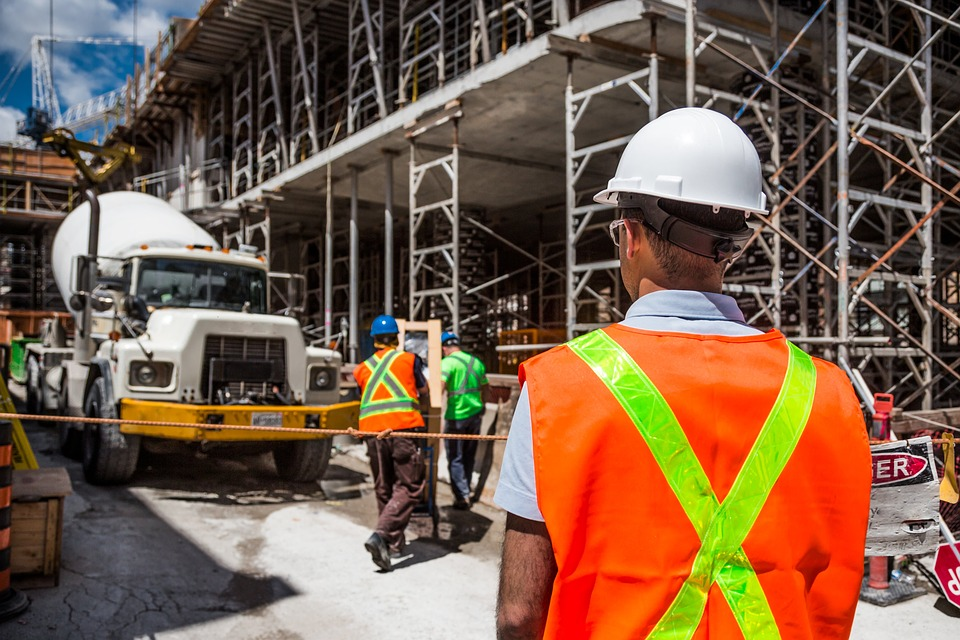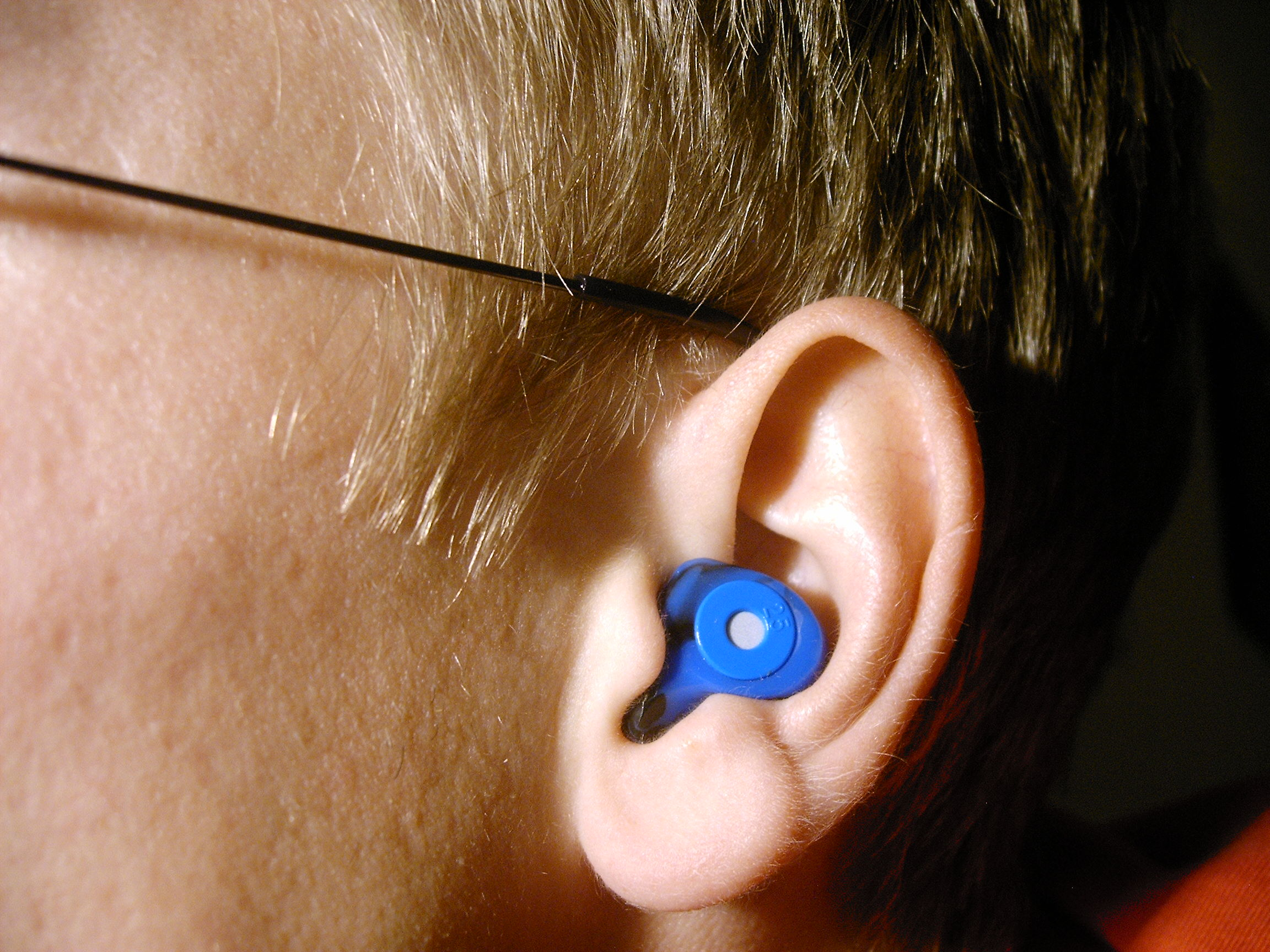Guest Post by Carolyn Clarke
Most people feel that hearing loss is nothing to worry about, at least until a certain age. In reality, frequent or long periods of exposure to loud noises is all it takes to put you at risk of hearing loss, no matter what age you are or how healthy you are.
This means that people who work in noisy lines of work, such as construction, warehousing, or manufacturing are at risk. According to the WSIB Canada, hearing loss is one of the most common work-related health issues in the Canada.
If you have a quieter workplace, you are not immune. Activities as seemingly benign as entertainment can be potentially detrimental to our hearing. Movies, TV, concerts, personal music devices, computer games and nightclubs are all forms of entertainment that can be quite loud—especially if you’re prone to wearing earbuds or headphones throughout your day.
The Consequences of Hearing Loss
While there are ways to combat hearing loss, they all come with hefty price tags, not to mention inconvenience. Hearing aids cost thousands of dollars. Cochlear implants, one of the few ways to actually reverse hearing loss, can cost hundreds of thousands of dollars. Once you’re ability to hear begins to dampen, it can get gradually worse as you age, leading to frustration and irritability as conversations held at normal volume become a challenge to follow. It is better to prevent hearing loss than to allow it to get to a point where these steps must be taken.
The following 5 tips should help you protect your hearing inside and outside the workplace:
- Know your limits to avoid surpassing them
In order to avoid dangerous levels of sound, educate yourself on what these levels actually are. Hearing loss becomes a possibility starting from a noise level of 85 decibels, which is about the noise level of a busy street. You may start feeling pain at about 120 decibels, which is about the noise level of a rock concert. Do your regular activities exceed either of these noise levels? If so, start from limiting the frequency and duration of these activities.
- Find a quiet spot
If you work in an environment with high noise levels, your company should provide you with designated breaks or a soundproof space where you can get away from all the noise. Make sure to take these breaks just as you would rest your eyes if you worked at a computer all day. If this kind of space and time aren’t being provided to you at work, see if you can change that by communicating with the company.
- Plug your ears
If you cannot remove yourself from a noisy space, then protect your ears with a barrier such as earplugs, earmuffs or noise-cancelling headphones. The good thing about earplugs is that they don’t necessarily cancel all sound. If you are at a loud concert, for example, you can both enjoy the show and protect your hearing by using earplugs.
One thing you shouldn’t do in a noisy environment, though, is listen to music through earbuds or headphones that don’t cancel noise. Many people cover loud sounds such as construction noises with even louder sounds, such as their music. This may keep you entertained, but it definitely doesn’t do anything for your hearing.
- Turn down the music
Earbuds and headphones are used almost universally, including by children. While they are not the ear destroyers that some parents fear they are, personal music devices should be used cautiously. Some sound experts suggest the 80/90 rule, which recommends that you only turn your music up to 80% of the maximum volume and that you only listen to your personal music device for 90 minutes a time. Depending on your music device, you may also be able to set safe volume limits in your system settings.
- Take care of your general health
Health concerns can have unexpected consequences, including hearing loss. For example, having a high blood pressure means that your blood vessels become damaged, including those in your ears. Smoking has a similar effect. Studies also show that smokers are more likely than non-smokers – about 70% more, in fact – to suffer hearing loss.
On the flip side, studies have also shown that healthy habits such as exercise can help prevent hearing loss. This may be because exercise sends blood pumping throughout your entire body, including your ears. Your hearing benefits as a result.
No matter what your exposure level to loud noises is, make sure to be aware of the risk of hearing loss. It is easy enough to prevent, but very difficult to reverse.
Author Bio:
Carolyn Clarke is a freelance writer based in Southern California who has been blogging about workplace health and safety for nearly 10 years. She serves as a consultant for companies such as Moldex-Metric to help improve safety compliance in the workplace.



